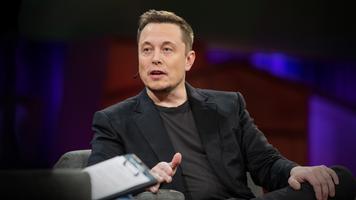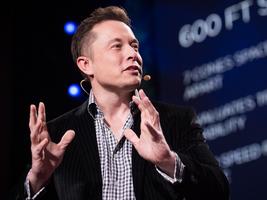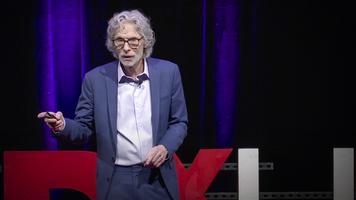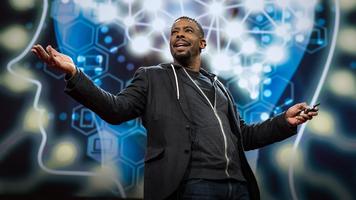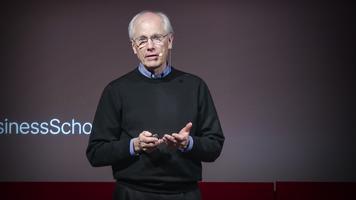Elon Musk: The future we're building -- and boring
Elon Musk: Elon Musk talks Twitter, Tesla and how his brain works — live at TED2022
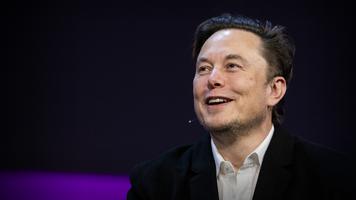
In this live, unedited conversation, Elon Musk -- the head of Tesla, SpaceX, Neuralink and The Boring Company -- digs into the recent news around his bid to purchase Twitter and gets honest about the biggest regret of his career, how his brain works, the future he envisions for the world and a lot more. (This conversation with head of TED Chris ...
Elon Musk: The mind behind Tesla, SpaceX, SolarCity ...
Elon Musk: A future worth getting excited about
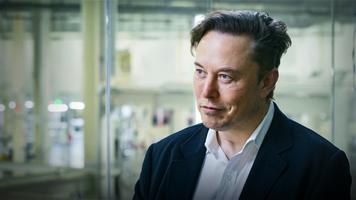
What's on Elon Musk's mind? In conversation with head of TED Chris Anderson, Musk details how the radical new innovations he's working on -- Tesla's intelligent humanoid robot Optimus, SpaceX's otherworldly Starship and Neuralink's brain-machine interfaces, among others -- could help maximize the lifespan of humanity and create a world where goo...
Gwynne Shotwell: SpaceX's plan to fly you across the globe in 30 minutes

What's up at SpaceX? Engineer Gwynne Shotwell was employee number seven at Elon Musk's pioneering aerospace company and is now its president. In conversation with TED curator Chris Anderson, she discusses SpaceX's race to put people into orbit and the organization's next big project, the BFR (ask her what it stands for). The new giant rocket is ...
Ian Bremmer: Trump’s 2024 election win — and what’s next
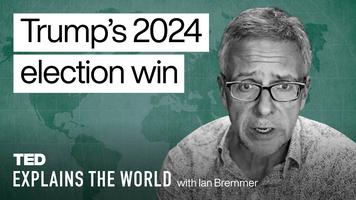
In this in-depth discussion on the implications of Donald Trump’s re-election as US president, geopolitical expert Ian Bremmer explores the key issues that shaped the result — as well as the coming shifts in US foreign policy, from the Russia-Ukraine conflict to the US-China relationship and the Middle East. Learn more about the economic pressur...
Bob Mankoff: Can AI master the art of humor?
Stephen Petranek: Your kids might live on Mars. Here's how they'll survive
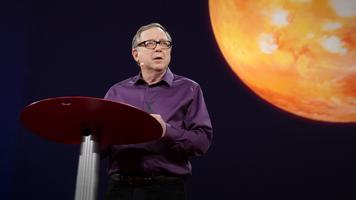
It sounds like science fiction, but journalist Stephen Petranek considers it fact: within 20 years, humans will live on Mars. In this provocative talk, Petranek makes the case that humans will become a spacefaring species and describes in fascinating detail how we'll make Mars our next home. "Humans will survive no matter what happens on Earth,"...
Gary Marcus: The urgent risks of runaway AI — and what to do about them
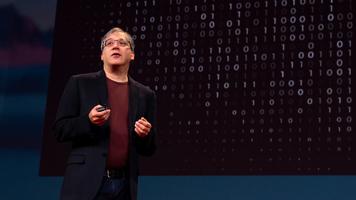
Will truth and reason survive the evolution of artificial intelligence? AI researcher Gary Marcus says no, not if untrustworthy technology continues to be integrated into our lives at such dangerously high speeds. He advocates for an urgent reevaluation of whether we're building reliable systems (or misinformation machines), explores the failure...
Carole Cadwalladr: This is what a digital coup looks like
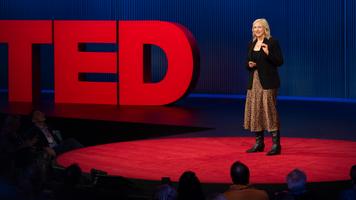
“We are watching the collapse of the international order in real time, and this is just the start,” says investigative journalist Carole Cadwalladr. In a searing talk, she decries the rise of the “broligarchy” — the powerful tech executives who are using their global digital platforms to amass unprecedented geopolitical power, dismantling democr...
Chuck Nice: A funny look at the unintended consequences of technology
Josh Giegel: Super speed, magnetic levitation and the vision behind the hyperloop
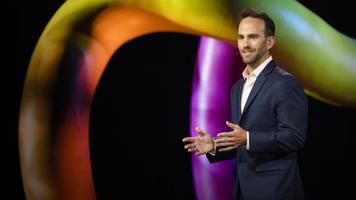
What if your hour-long commute was reduced to just minutes? That's the promise of the hyperloop: a transit system designed around a pod that zooms through a vacuum-sealed space (roughly the size of a subway tunnel) at hyper-speed, powered by next-generation batteries and state-of-the-art magnetic levitation. In the visionary talk, Josh Giegel, t...
Akshat Rathi: Capitalism broke the climate. Now it can fix it
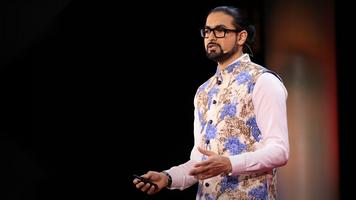
We can blame capitalism for worsening the climate crisis, says journalist Akshat Rathi, but we can also use it to create the solutions we need for the mess we're in. He details how “climate capitalism” — the strategic use of market forces and government policies to make polluting the planet cost more than advancing climate solutions — can flip t...
Saamra Mekuria-Grillo: Yes, you can be an entrepreneur too
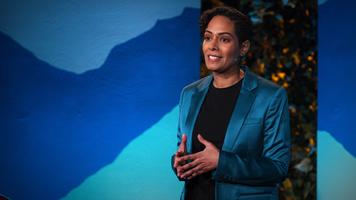
Who gets to be an entrepreneur? Saamra Mekuria-Grillo says the image we most commonly see — a guy in a hoodie — is a limiting representation of entrepreneurial success. She highlights the importance of young Black people seeing entrepreneurship as a possibility for themselves and explains the key to making the field more inclusive.
Margaret Mitchell: How we can build AI to help humans, not hurt us
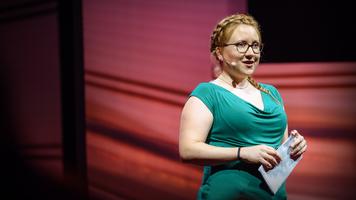
As a research scientist at Google, Margaret Mitchell helps develop computers that can communicate about what they see and understand. She tells a cautionary tale about the gaps, blind spots and biases we subconsciously encode into AI -- and asks us to consider what the technology we create today will mean for tomorrow. "All that we see now is a ...
Scott Fitsimones: Could a DAO build the next great city?
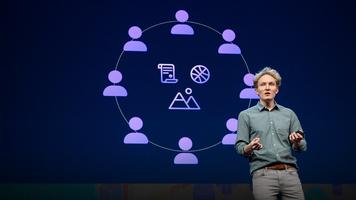
Could DAOs, or "decentralized autonomous organizations," be the key to building the next great city? Experimental urbanist Scott Fitsimones shares how these mission-driven, blockchain-governed, collectively owned organizations could increase the speed and efficiency of building cities (among many other applications) -- all while pooling decision...
Ian Bremmer: Trump, Europe, Ukraine and the uncertain world order
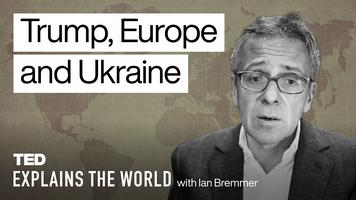
Headlines have been swirling as President Trump enters his second month back in office and his policies come into focus. In this urgent, fast-paced conversation, political scientist Ian Bremmer defines what we should pay attention to, digging into a newly fractured US-Europe relationship, the potential future of Ukraine and moves in Gaza, China ...
Galina Angarova: The hidden cost of the green transition's mineral rush

What if the race to save the planet is harming the people who protect it? Indigenous advocate Galina Angarova exposes the hidden cost of the green energy transition, where the demand for minerals like nickel and lithium threatens to devastate Indigenous lands and livelihoods. She calls for a radical shift in mindset — one that centers Indigenous...
Grady Booch: Don't fear superintelligent AI
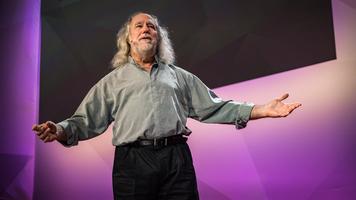
New tech spawns new anxieties, says scientist and philosopher Grady Booch, but we don't need to be afraid an all-powerful, unfeeling AI. Booch allays our worst (sci-fi induced) fears about superintelligent computers by explaining how we'll teach, not program, them to share our human values. Rather than worry about an unlikely existential threat,...
Carole Cadwalladr and Chris Anderson: Can big tech and privacy coexist?
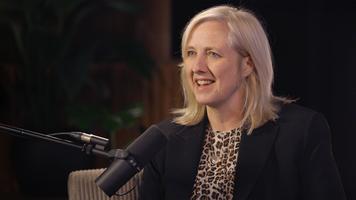
"If you can't respect the basic fundamental underlying principles with which we order society — which is 'Do not steal' — then what are you left with?" asks investigative journalist Carole Cadwalladr. Following her TED2025 talk, Cadwalladr is in conversation with Chris Anderson, head of TED, to warn about surveillance fascism. What happens when ...
Kriti Sharma: How to keep human bias out of AI
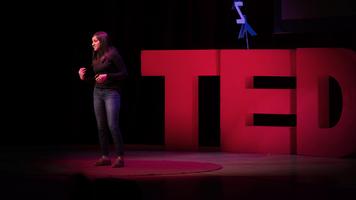
AI algorithms make important decisions about you all the time -- like how much you should pay for car insurance or whether or not you get that job interview. But what happens when these machines are built with human bias coded into their systems? Technologist Kriti Sharma explores how the lack of diversity in tech is creeping into our AI, offeri...
John Mullins: 6 tips on being a successful entrepreneur
Jennifer Golbeck: Is AI progress stuck?
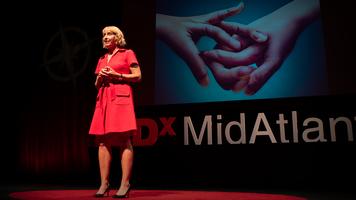
Will progress in artificial intelligence continue to accelerate, or have we already hit a plateau? Computer scientist Jennifer Golbeck interrogates some of the most high-profile claims about the promises and pitfalls of AI, cutting through the hype to clarify what's worth getting excited about — and what isn't.
Jeanette Winterson: Is humanity smart enough to survive itself?
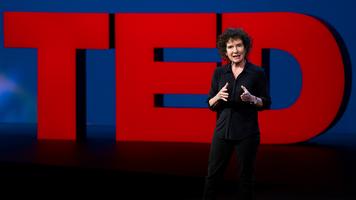
With quick wit and sharp insight, writer Jeanette Winterson lays out a vision of the future where human and machine intelligence meld -- forming what she calls "alternative intelligence" -- and takes a philosophical look at our species, asking: Are we smart enough to survive how smart we are? (Followed by a Q&A with TED's head of curation He...
A.J. Jacobs: My journey to thank all the people responsible for my morning coffee
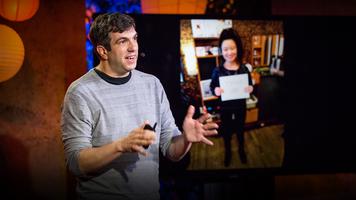
Author A.J. Jacobs embarked on a quest with a deceptively simple idea at its heart: to personally thank every person who helped make his morning cup of coffee. More than one thousand "thank yous" later, Jacobs reflects on the globe-trotting journey that ensued -- and shares the life-altering wisdom he picked up along the way. "I discovered that ...
Naomi Oreskes: Why we should trust scientists
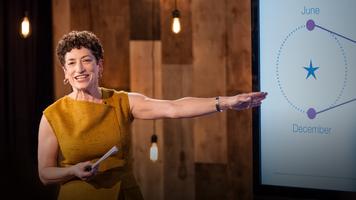
Many of the world's biggest problems require asking questions of scientists -- but why should we believe what they say? Historian of science Naomi Oreskes thinks deeply about our relationship to belief and draws out three problems with common attitudes toward scientific inquiry -- and gives her own reasoning for why we ought to trust science.
Adam Grant: The surprising habits of original thinkers

How do creative people come up with great ideas? Organizational psychologist Adam Grant studies "originals": thinkers who dream up new ideas and take action to put them into the world. In this talk, learn three unexpected habits of originals -- including embracing failure. "The greatest originals are the ones who fail the most, because they're t...
Avi Loeb: My search for proof aliens exist
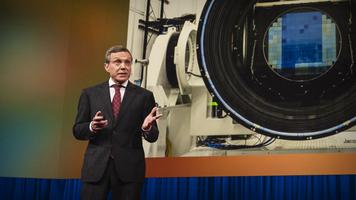
Why have we not yet found proof of alien life? According to astrophysicist Avi Loeb, we simply haven't dedicated the proper resources. Diving into unidentified phenomena such as the Oumuamua asteroid, he explores his scientific search for extraterrestrial technology, envisioning a future where a higher interstellar intelligence helps us improve ...
Stuart Russell: 3 principles for creating safer AI
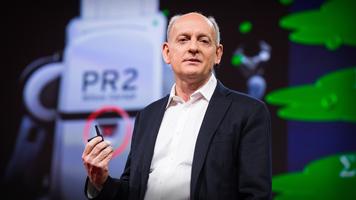
How can we harness the power of superintelligent AI while also preventing the catastrophe of robotic takeover? As we move closer toward creating all-knowing machines, AI pioneer Stuart Russell is working on something a bit different: robots with uncertainty. Hear his vision for human-compatible AI that can solve problems using common sense, altr...
Bob Wiltfong: How to take the BS out of business speak
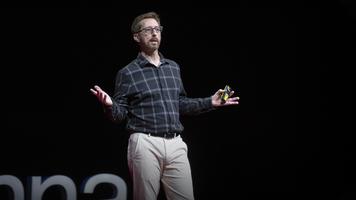
At its worst, "business speak" -- or the particular language we use at work -- can be jargony, confusing and even exclusionary. But it doesn't have to be, says journalist and comedian Bob Wiltfong. Showcasing a smattering of corporate acronyms and phrases that don't make much sense without context (think: "OKRs" and "when pigs fly"), he gives th...
